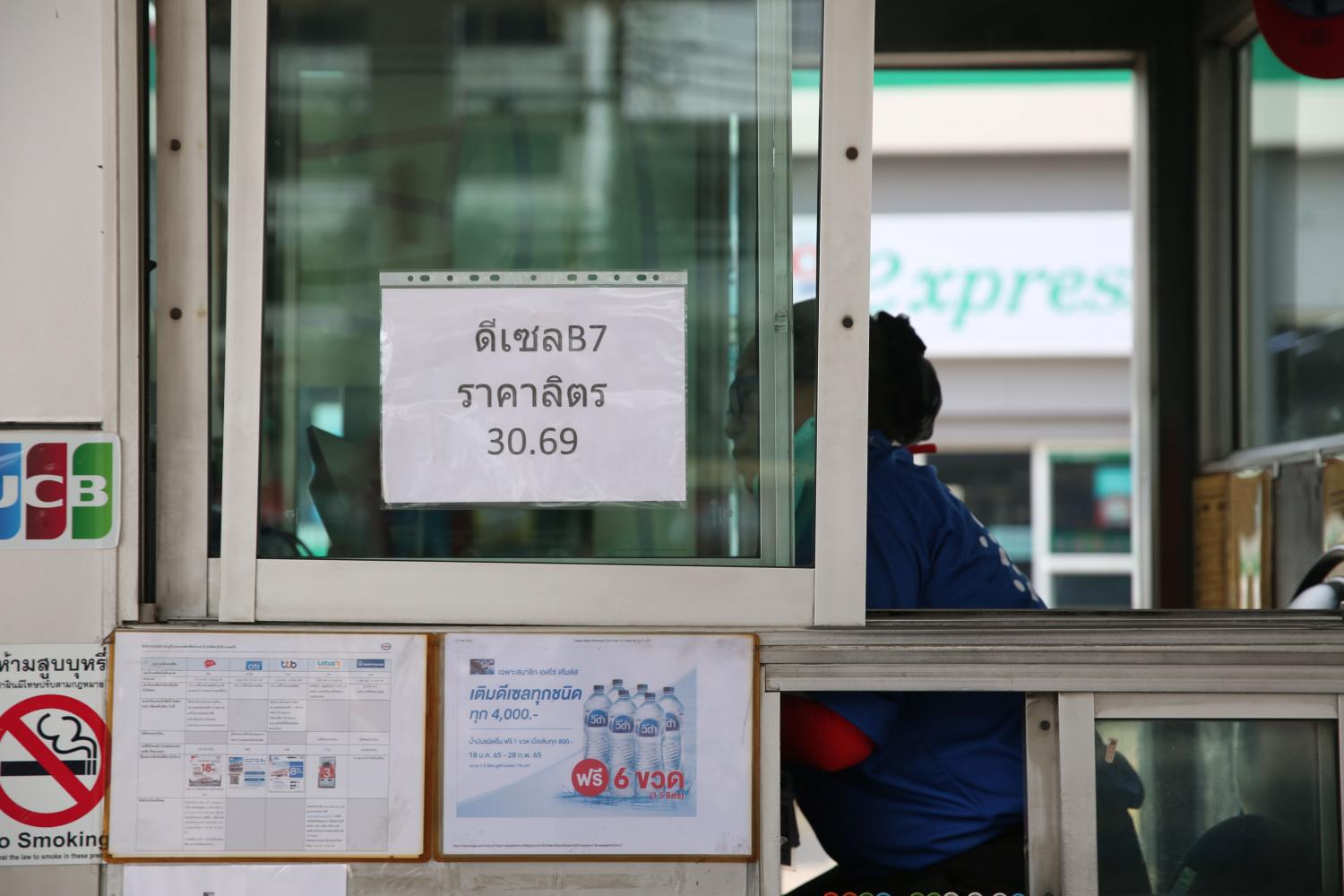Thailand: What’s behind the oil price hike?
The Federation of Thai Industries (FTI) recently expressed concerns that global oil prices may continue to surge, reaching US$100 a barrel this year. High fuel prices could negatively affect many sectors across the pandemic-battered economy.
Why are Thai fuel prices on the rise?
The first factor causing soaring fuel prices in Thailand stems from the rapid increase in demand for, and prices of, crude oil and refined oil in the global market.
Thailand’s crude oil imports have increased by 63% on average from 37.2 billion baht per month in 2020 to 60 billion per month in 2021. The monthly average value of refined oil imports also rose by 20% to 2.34 billion baht, according to the Energy Ministry.
Another factor leading to the fuel price hike is the ongoing conflict between Russia and Ukraine. Russia is the world’s second largest oil producer. The Kremlin may respond to the tensions by reducing oil and gas supplies, said Supant Mongkolsuthree, chairman of the FTI.
The dispute is a “warning sign” the global and Thai economies may be plunged into difficulties if the US, UK and EU decide to impose economic sanctions on Russia if it invades Ukraine, he said.
What are the implications?
The Land Transport Federation of Thailand, with hundreds of truck and taxi drivers as its union members, said it would stage a major protest against the Energy Ministry on Vibhavadi Rangsit Road.
The group is demanding Energy Minister Supattanapong Punmeechaow step down over the high price of diesel.
Other potential impacts include rising construction material prices, a worsening labour shortage situation, higher home prices, and ultimately higher inflation.
The Joint Standing Committee on Commerce, Industry and Banking expects inflation to average between 1.5% and 2.5% this year, after rising as high as 3% in the first quarter. Consumer prices topped forecasts with a 3.2% rise in January, reflecting high oil prices.
What steps has the government taken to reduce fuel prices?
Prime Minister Prayut Chan-o-cha said on Tuesday the government was trying as hard as it could to restrain the price of diesel.
“We have a limited budget, not to mention the global oil price situation is against us,” he said.
“The problems have affected everyone, not any one particular group. The government has to look after all groups.”
The Energy Policy Administration Committee recently decided oil retailers must sell only diesel blended with 5% palm oil-derived methyl ester instead of the 7% formula to ease the impact of the higher price associated with the greater methyl ester content.
Sales of biodiesel B5, a mix of 5% methyl ester and diesel, take effect from today until the end of March.
The change does not lower diesel prices, but it should ease the government’s financial burden, as the state has put a cap on diesel prices at 30 baht a litre since November last year, using the Oil Fund via a price subsidy.
Source: https://www.bangkokpost.com/business/2261847/whats-behind-the-oil-price-hike-


 Thailand
Thailand





